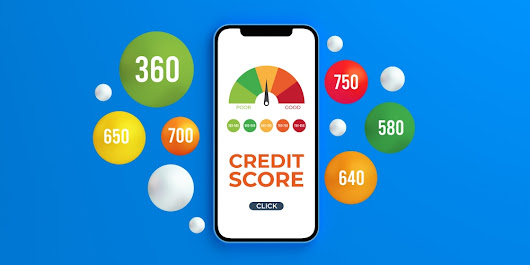You could desire to raise your credit score in Brampton, Canada, for a variety of reasons. Debtors who are afraid of damaging their credit ratings still have options for paying off their debt and improving their loan scores.
Before anything else, it's also essential to consider the elements that determine a person's score. The better you can manage yourself to avoid accruing more debt to lenders, the more informed you are about what's affecting your debts.
Your financial status depends on your credit score in numerous ways. If you have bad financial reports, you will either need to look for ways to pay back what you owe or declare bankruptcy to get out of debt.
Why Credit Scores Are Important
To begin with, what are credit scores and why are they important? Your loan rating is a reflection of how risky it will be for you to repay your debt. Your previous loan transactions are the basis for your current score.
You must manage your spending habits if you want to keep your score high. Starting with your first loan, you can eventually pay off your debt if you start making on-time payments. Even so, it's simple to fall behind on payments from one loan to the next and form bad debt habits.
Banks will always review your present credit score when you seek further loans. Your score will be used to determine how likely you are to repay them. Applying for credit cards or new loans will be more challenging for people with poor credit ratings.
Simple Methods to Improve Your Credit Score
It's still possible to improve your credit score if you find yourself in a situation where you need to. You still have options for preventing further debt accumulation. Knowing what to quit doing is the key to properly managing your loan history.
Pay Promptly
Pay off any other open loans as soon as possible. If you have additional loans that are overdue or have late payments, they are useless. Limit the quantity of past-due debts on your list, and start repaying at least the lesser payments promptly.
Lenders will constantly consider how frequently you make loan payments and whether you have any unusually high rates of late payments. It gives lenders the impression that you can make on-time loan payments and won't have a delinquent account.
Examine Credit Reports
Review your debt reports when you have the time. These reports will help you get a sense of your payment history and how frequently you can make on-time payments for your dues. You can then decide which debts to pay off first and how to make timely payments on them.
New Accounts Are Limited
Be cautious while taking out additional loans if you already have several in your name. When you still owe money on open accounts that you are paying for or cannot afford, don't open new ones. Having new accounts but being unable to make payments on them will lower your score even further.
Limit the Use of Credit Cards
It can be difficult to maintain self-control when it comes to loans. You must continually use something other than debt to get out of debt. Pay for goods now if you can, rather than putting them on your credit card.
Keep Old Accounts Open
Old accounts may seem to merely take up space in your loan history, but they improve your credit score. Your loan score may be positively impacted by past accounts that have been paid off and cleared on schedule.


No comments:
Post a Comment